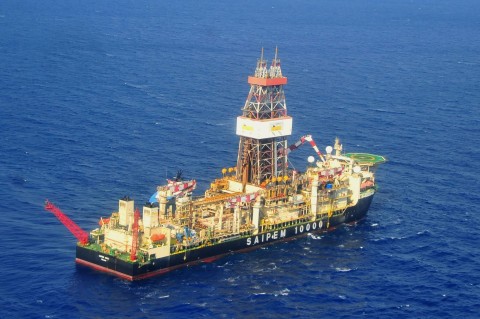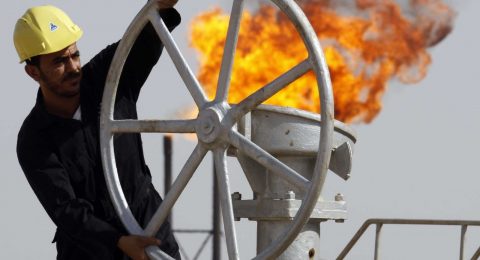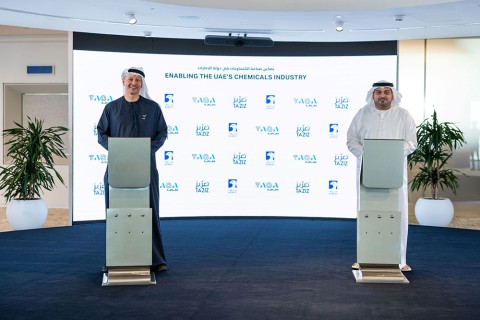Within the upstream industry, getting more accurate information is the best way to increase production and save time. Seismic interpretation is the optimum technique to discover and develop profitable fields and reserves. As time passes, digital transformation goes deeply into the oil and gas industry to develop and update the sector and particularly the exploration and production (E&P) operations that seek more productivity. Artificial intelligence (AI) is the next technology breakthrough to come. For seismic interpretation, AI will help in facilitating the process of oil and gas explorations.
Seismic Interpretation
An article published by AAPG Wiki defined seismic interpretation as the science of inferring the geology at some depth from the processed seismic record. Providing reliable seismic predictions requires a synergistic approach to the analysis of seismic and all other related data by experienced and skilled interpreters. Oil companies used to rely on a manual trial-and-error approach for many years. It was effective for building conceptual models of the geology and controlling the quality of individual errors as well as the overall interpretation process while attaining the data.
Despite the benefits of this technique, there are limitations. There are some cases that standard attributes analyses disappoint. Wrong interpretations may be happened due to noise which can take away the opportunity of drilling a rich resource of oil and/or gas. It also consumes too much time and requires scientists to analyze a huge amount of data. Moreover, it is impossible to successfully image faults at all scales. Manual interpretation is biased by the interpreter as well since the scale of faulting drastically varies from time to time.
Revolutionizing Seismic Interpretation
In this regard, new technology based on AI can help interpreters in their mission. This can be done by seeing the past false signals which give unclear or disappointing results in traditional fault detection attribute analysis. AI seismic interpretation approach is based on using Deep Learning. An article, written by Naveen Joshi, entitled “how AI is helping seismic interpreters” stated that the deep learning model is trained with geological data. Then, the AI model analyzes the data and helps to predict faults that may be present in the region. As a result, oil companies can plan their drilling activities based on the output provided by the AI algorithm. It also can help in determining whether there is oil and gas resources in the unreachable areas or those that are hard to be reached by humans.
Case study
In the same context, a research paper entitled “interpretational applications of artificial intelligence-based seismic fault delineation” was published recently, studying the implementation of AI application and seismic fault interpretation in addition to how to merge in the field of interpretation activities through applying this technique in five different regions.
The study elaborated that AI fault delineation can be applied with different objectives across the E&P lifecycle, including early screening and reconnaissance (exploration), migration pathways and sealing, detailed structural analyses, reservoir compartmentalization and baffles, fault sealing capacity, well planning, structural framework and reservoir modeling and simulation.
The research concluded that the AI fault results can be integrated with the existing interpretations to get the most accurate data. It can assist interpreters to leverage their skills and knowledge to larger areas, more numerous datasets, at increased speeds. Additionally, the research found out that AI enables geoscientists to gain greater confidence in their interpretations, more understanding of the uncertainty range, save considerable time performing the more basic tasks and make insights that were not possible previously.








